As part of an ongoing effort of CMS to streamline patient care and adopt more coverage for Telehealth services, providers will see several new coding options for CY2019. As per the Physician Fee Schedule final Rule published November 1st, CMS approved two new HCPCS codes to address established problems when utilizing telephone or internet exchange.
New Webinar Series Starting in October!
Gill Compliance Solutions and Wolters Kluwer are excited to announce a partnership offering current and future deeper dives into popular compliance topics that includes a live discussion with experts from both organizations. Please join us for the first series scheduled on October 2nd and November 8th, 2018.
Navigating Emergency Department and Critical Care Services
Presented by Nicole Benson
Date: Tuesday, October 2, 2018
Time: 1pm-2:30pm EST
This webinar will show how achieving a better understanding of high level or direct oversight Emergency department E/M can increase the accuracy of your coding and documentation to reduce risk and distinguish between high E/M levels and critical care services based on CMS guidelines.
Learning outcomes:
1. Recognize ED codes as reportable by all specialty providers performing in this setting.
2. Identify the nuances between outpatient and emergency E/M in history, exam, and medical decision-making.
3. Gain a better understanding of the differences between high level and critical care complexity as per CMS guidelines.
4. Learn how to educate your providers on identifying and greater supporting their critical care services.
This program has been pre-approved for 1.0 CEU from AHIMA and 1.0 CEU from AAPC. Registration requires a complete Name, Title, Organization and a valid business Email Address.
Click here to register
Designer Healthcare – Updates for Telehealth Services
Presented by Jana Weis
Date: Thursday, November 8, 2018
Time: 1pm-2:30pm EST
Telehealth continues to be an innovative tool to manage quality of care and patient access in the ever-changing world of healthcare. As part of the Bipartisan Budget Act of 2018, Congress loosened several regulations allowing more flexibility and coverage for Medicare and Veteran beneficiaries. Individual states are also revising laws governing the use of telemedicine to promote access to residents. No surprise, the OIG has also added telehealth to their agenda to monitor billing practices. This webinar touches on relevant policy changes for 2018 and how billable series are impacted by documentation in this setting.
Learning outcomes:
1. Understand the coverage changes since the February 2018 enactment and use of modifiers for billing.
2. Review innovative law making by states and the impact on payors.
3. Gain a better understanding of selected telehealth codes and how documentation might differ to due to HCPCS code definition.
4. Understand the current compliance risk and how payors are monitoring.
This program has ben pre-approved for 1.0 CEU from AHIMA and 1.0 CEU from AAPC. Registration requires a complete Name, Title, Organization and a valid business Email Address.
Click here to register
Teaching Physician in Critical Care Services
There are some subtle, yet important differences when teaching physicians are supervising residents in a critical care setting. Generally, for the service to be payable under the Medicare PFS, the attending physician must be present during all critical or key portions of the procedure and immediately available to furnish services during the entire service. Not only is this key for purposes of teaching supervision, but also in getting reimbursed based on CMS’s documentation guidelines.
CMS Update - Students in Documentation
Shared Services – Truth In Billing
As consultants in the healthcare industry, we are asked all kinds of questions on a daily basis. Yet, if I were to add up the number of times clients ask about shared services, it would likely be on the top of the list. Shared services seem like an easy concept, two providers’ participation in the care of a patient, right? Well, almost right.
Knowing the Story for Prolonged Services
CMS Reopens Medicare Appeals Settlements
Tweaks and Changes Coming to the Two Midnight Rule
OIG 2016 Sleep Disorder Clinics and High Use of Sleep-testing Procedures
The OIG states “We will examine Medicare payments to physicians, hospital outpatient departments, and independent diagnostic testing facilities for sleep-testing procedures to assess the appropriateness of Medicare payments for high-use sleep-testing procedures and determine whether they were in accordance with Medicare requirements. An OIG analysis of CY 2010 Medicare payments for Current Procedural Terminology codes 95810 and 95811, which totaled approximately $415 million, showed high utilization associated with these sleep-testing procedures. Medicare will not pay for items or services that are not “reasonable and necessary.” To the extent that repeated diagnostic testing is performed on the same beneficiary and the prior test results are still pertinent, repeated tests may not be reasonable and necessary.”[1]
Final Rule on Medicare Reporting and Returning of Self-Identified Overpayments
The Centers for Medicare & Medicaid Services (CMS) announced mid-February its final rule that will necessitate Medicare Parts A and B health care providers and suppliers alike to report and return self identified overpayments. This Final Rule will be implemented under sections of the Affordable Care Act (ACA). Below lists a synopsis of the major provisions that are set to become effective March, 2016.

